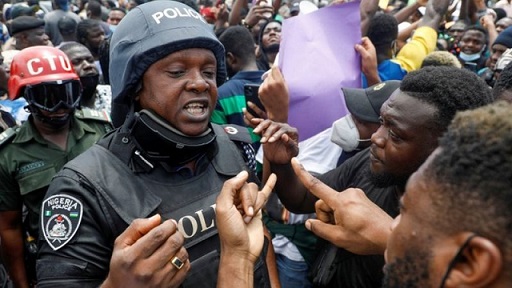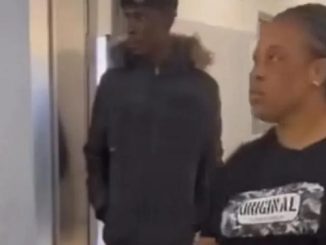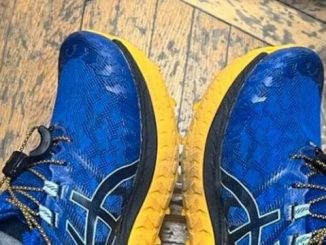
Nigeria’s police chief has ordered the unconditional release of all demonstrators arrested during protests against police brutality.
This was a key demand of protesters who have rallied against the hated Special Anti-Robbery Squad (Sars) in major cities for seven days.
Amnesty International said that 10 people were killed in the protests.
Rallies have continued despite President Muhammadu Buhari announcing on Sunday the disbandment of Sars.
Protesters responded to that announcement with scepticism, saying they believed that Sars officers were still deployed.
Some of Nigeria’s biggest music stars, including Davido and Falz, threw their weight behind the demonstrators, who have been galvanising support on Twitter under the #EndSARS hashtag.
On Tuesday, they marched in the oil hub of Port Harcourt in defiance of a ban on demonstrations imposed by the state governor.
Protests were also held in the commercial hub, Lagos, the country’s capital, Abuja, and four other cities.
What did the police chief say?
Mohammed Adamu announced the release of all protesters at a meeting with the National Human Rights Commission.
He did not say how many of them were in detention.
Mr Adamu added Nigerians had the right to protest peacefully and ordered officers to stop using force against them. He acknowledged that the protesters’ concerns were genuine and said they would be addressed by the government.
The meeting also agreed that an independent panel would be set up to investigate allegations of abuse against Sars, and other police units.
On Monday, Mr Buhari promised that the disbandment of Sars was only the first step towards “extensive” reforms within the police force.
How did Sars operate?
The latest round of protests were prompted by footage of officers pulling two men out of a hotel in Lagos into the street and shooting one of them.
The footage, leaked to the media, provoked outrage and led many to share stories of brutality attributed to the unit.
Earlier this year Amnesty said it had documented at least 82 cases of torture, ill treatment and extra-judicial execution between January 2017 and May this year.
The victims were mainly men aged between 18 and 35 from poor backgrounds and vulnerable groups. Many of those tortured were beaten with sticks and machetes and denied medical attention, the group said.
The “systemic use of torture… points to an absolute disregard for international human rights laws and standards”, Amnesty said.
Why didn’t reform work?
The #EndSARS hashtag was first thought to have been used in 2018, but it emerged once again a fortnight ago.
There have been earlier attempts to reform the notorious squad. In 2018 Vice-President Yemi Osinbajo ordered that its management and activities be overhauled.
Then last year, a specially formed Presidential Panel on the Reform of the Special Anti-Robbery Squad recommended reforms along with the dismissal and prosecution of named officers accused of abusing Nigerians.
At the time, President Buhari gave the head of police three months to work out how to implement the recommendations, but critics say little changed.
Previously police chiefs ordered a reform of Sars in 2017, in the aftermath of a viral video of a man allegedly killed by police, and also in 2010 when instructions were given to disband satellite offices.
Yet it appears the unit continued to exist after each of these announcements.
Source: bbc.co.uk






Be the first to comment